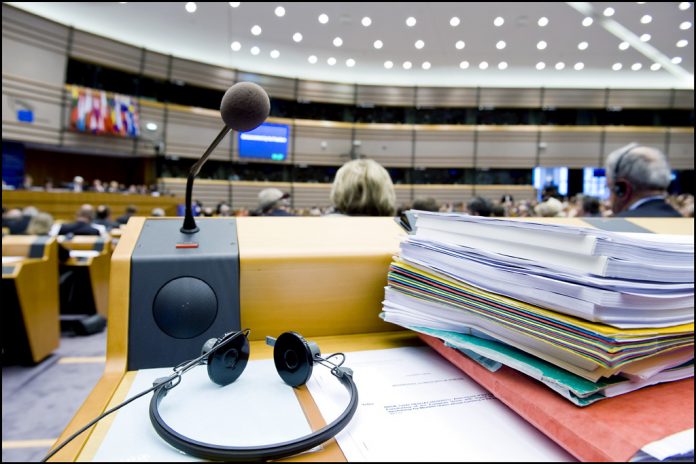Economic and Monetary Affairs Committee voted on Monday on its position on common rules on the creation and functioning of European crowdfunding service providers (ECSP) for business.
The adopted text aims to help crowdfunding services to function smoothly in the internal market and to foster cross-border business funding in the EU, by providing for a single set of rules on the provision of crowdfunding services.
Crowdfunding is increasingly an alternative form of finance for start-ups, as well as for small and medium enterprises (SMEs) at an early stage of company growth. A crowdfunding service provider operates a digital platform open to the public to facilitate prospective investors or lenders being matched with businesses that seek funding.
Wider scope of regulation
Economic and Monetary Affairs Committee MEPs agreed to extend the scope of the regulation by increasing the maximum threshold for each crowdfunding offer to EUR 8 000 000 (from EUR 1 000 000 – as proposed by the European Commission), calculated over a period of 12 months.
Protecting investors: clear information and transparency
Crowdfunding service providers should give clients clear information about financial risks and charges related to their investment, including insolvency risks and project selection criteria. In addition, Economic and Monetary Affairs MEPs recommend that crowdfunding service providers should disclose the default rates of the projects offered on their platform every year.
Prospective investors should also be provided with a key investment information sheet drawn up by the project owner for each crowdfunding offer.
Conflict of interests and complaints
ECSPs’ ability to participate financially in any crowdfunding offer on their platforms remains limited and is subject to the providers making this information available well in advance to clients.
Crowdfunding platforms will have to ensure that clients are able to file complaints against them free of charge. To do so, they should provide them with a standard template and a record of all complaints received and the measures taken.
National authorities in charge
MEPs agreed that a prospective ECSP would need to request authorisation from the national competent authority (NCA) of the member state in which it is established, rather than from the European Securities and Markets Authority (ESMA), as initially proposed by the European Commission.
Each member state will designate the NCA responsible for authorising and supervising ECSPs and inform ESMA thereof, the text says.
The text was adopted by 38 votes to 5, with no abstentions. The Committee is now ready to enter into negotiations with the European Commission and the Council.

